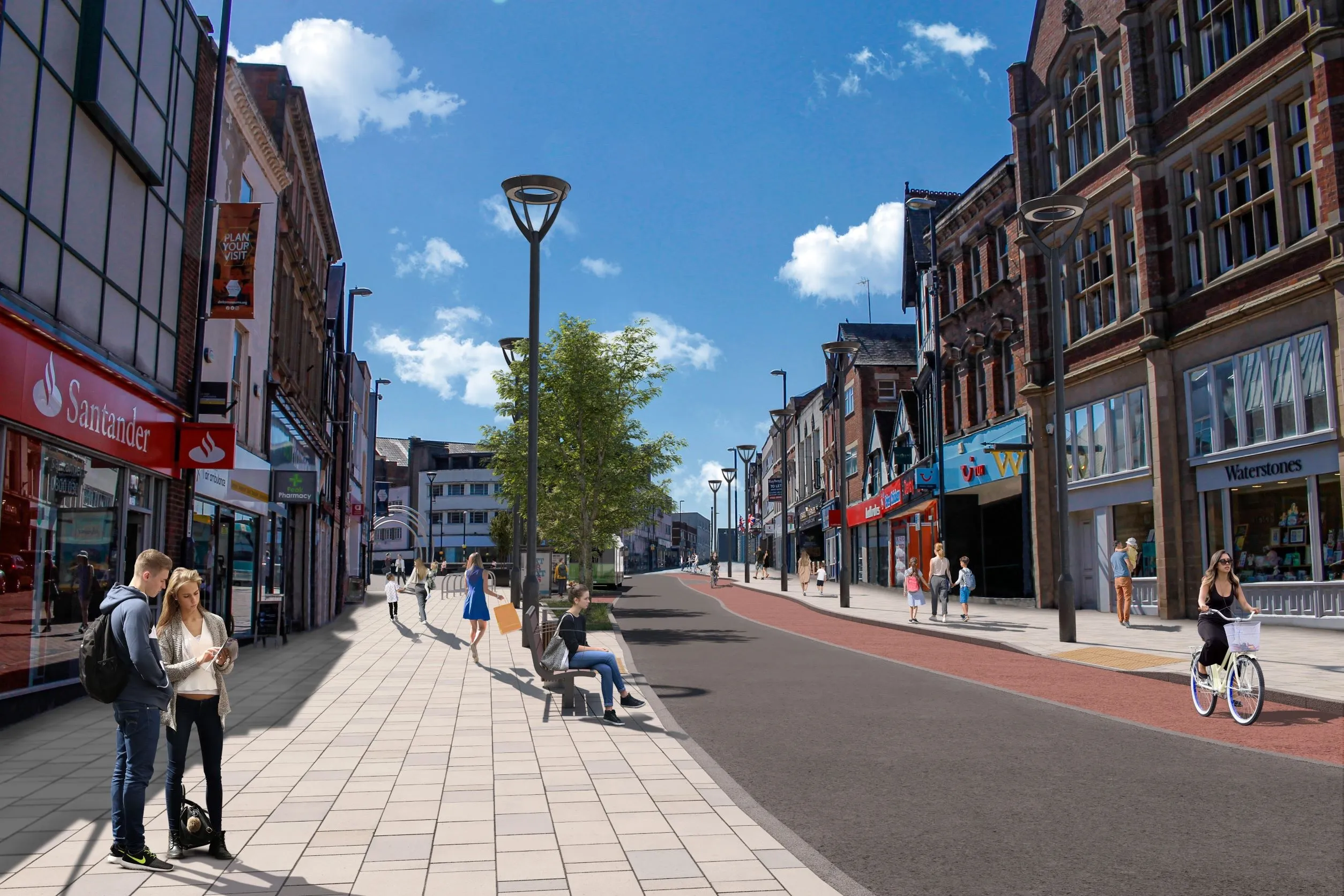NEC Corporation has signed a long-term partnership agreement with Bristol Is Open, a smart city initiative in the UK and a joint venture between Bristol City Council and the University of Bristol.
It aims to create the world’s first open, programmable city to support the creation of innovative new smart services for people, business and academia. It intends to pave the way for improvements in a wide range of services, including traffic congestion, waste management, entertainment, e-democracy, and energy
February 10, 2016
Read time: 2 mins
It aims to create the world’s first open, programmable city to support the creation of innovative new smart services for people, business and academia. It intends to pave the way for improvements in a wide range of services, including traffic congestion, waste management, entertainment, e-democracy, and energy supply.
The partnership helps NEC to demonstrate new approaches to pervasive digital connectivity at city-scale, combined with its aim to create new social value for the changing world of tomorrow. It helps Bristol Is Open to further its goal of creating the world’s first open programmable city with a city-wide digital fabric that includes fibre in the ground, an experimental wireless mile, and a radio frequency (RF) mesh that covers the vast majority of the city.
NEC, Bristol Is Open and Bristol City Council are part of the €25m Replicate Lighthouse City consortium, alongside San Sebastián and Florence. The consortium will create integrated smart city solutions to tackle urban problems such as traffic congestion, poor air quality and unsustainable energy use. The consortium has received funding as part of the Smart Cities and Communities funding call, through EU’s Horizon 2020 innovation programme.
NEC has been supplying Bristol Is Open with advanced IT and communications technologies, including software-defined networking (SDN) compatible switches, LTE small cells and iPASOLINK ultra-compact microwave systems, helping them to build the smart city test bed platform.
The UK’s Digital Economy Minister Ed Vaizey said: "Bristol Is Open is one of the UK’s flagship digital smart city projects, led by the University of Bristol and Bristol City Council and part of the Government's super-connected cities programme. It's great to see NEC partner with Bristol Is Open, a collaboration that will help bring even more innovative technology and smarter services to Bristol residents and businesses."










